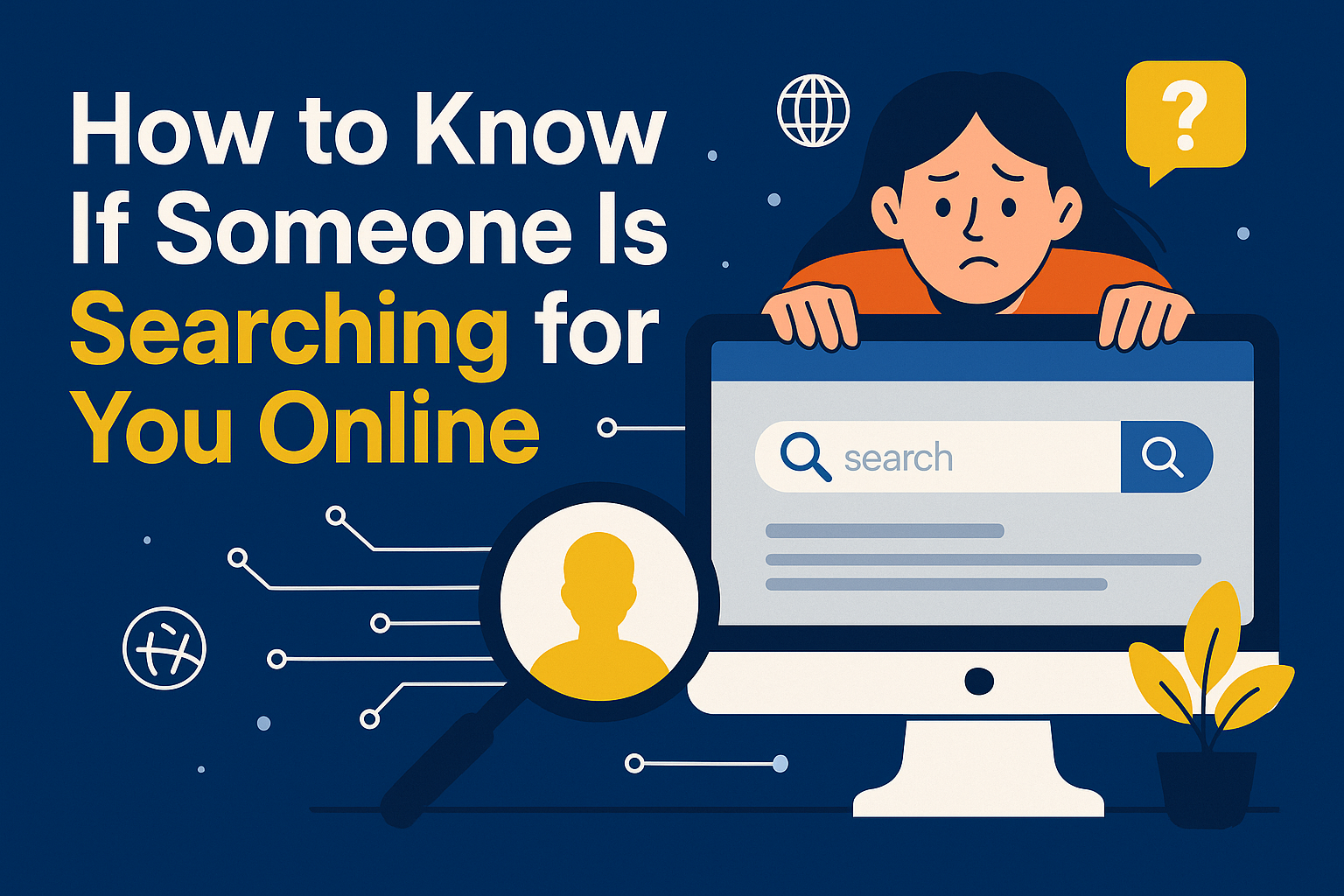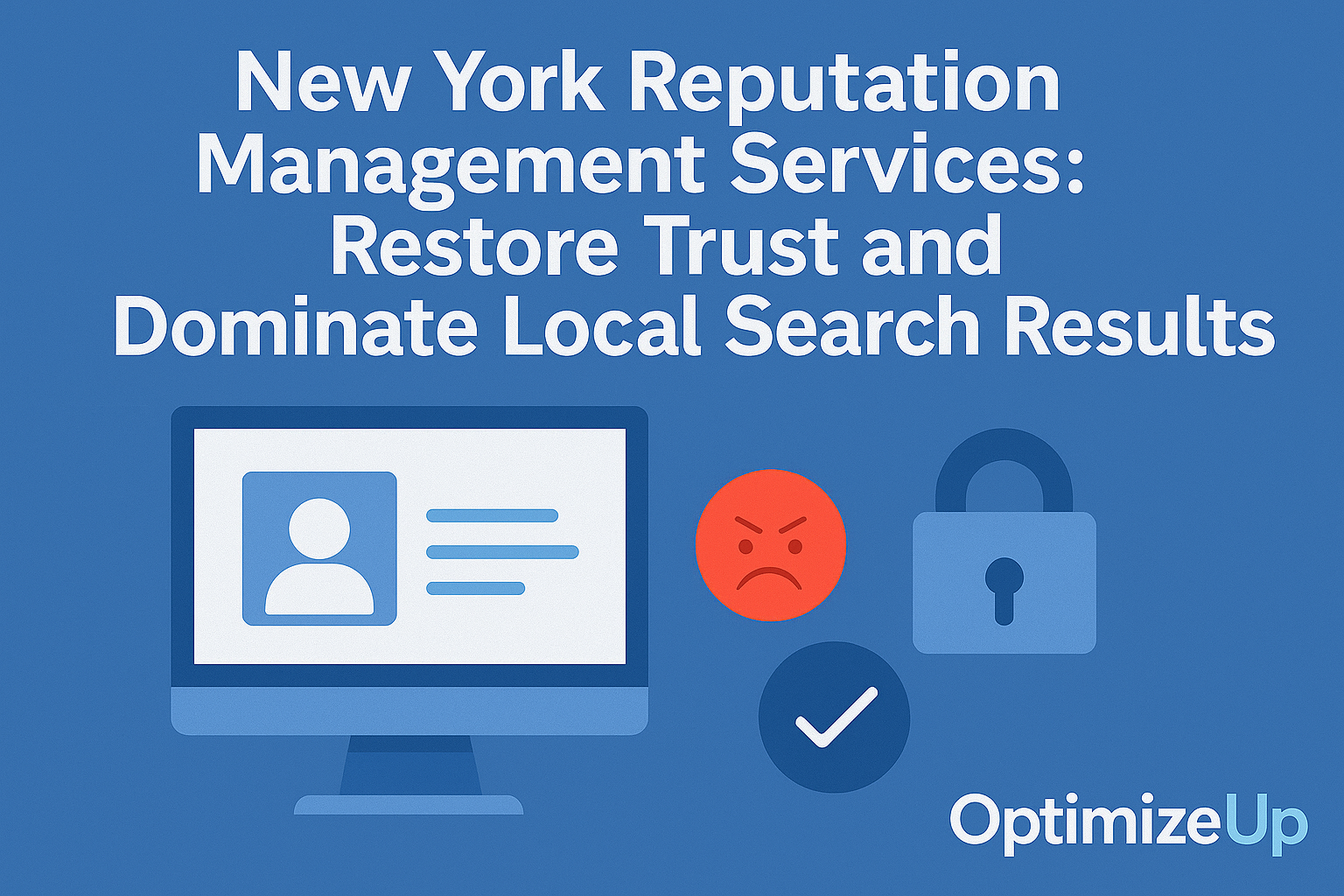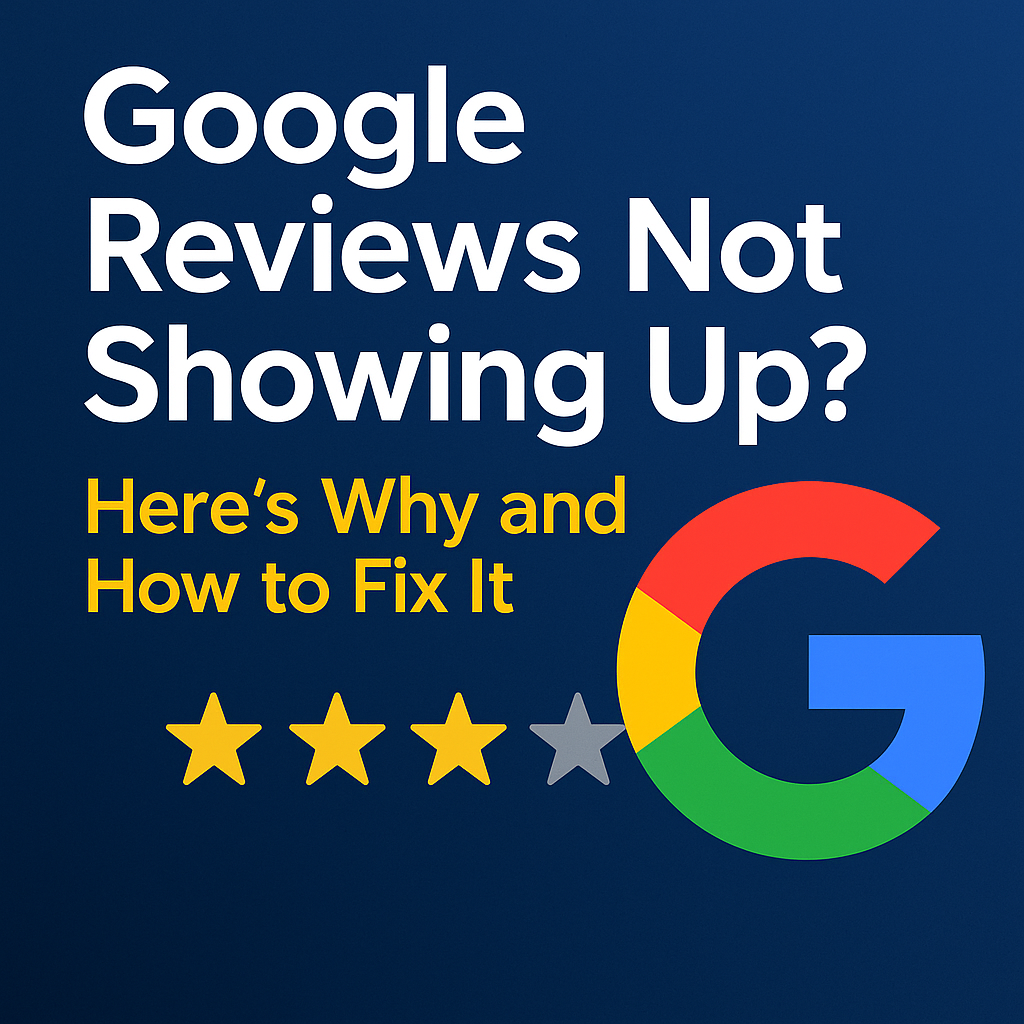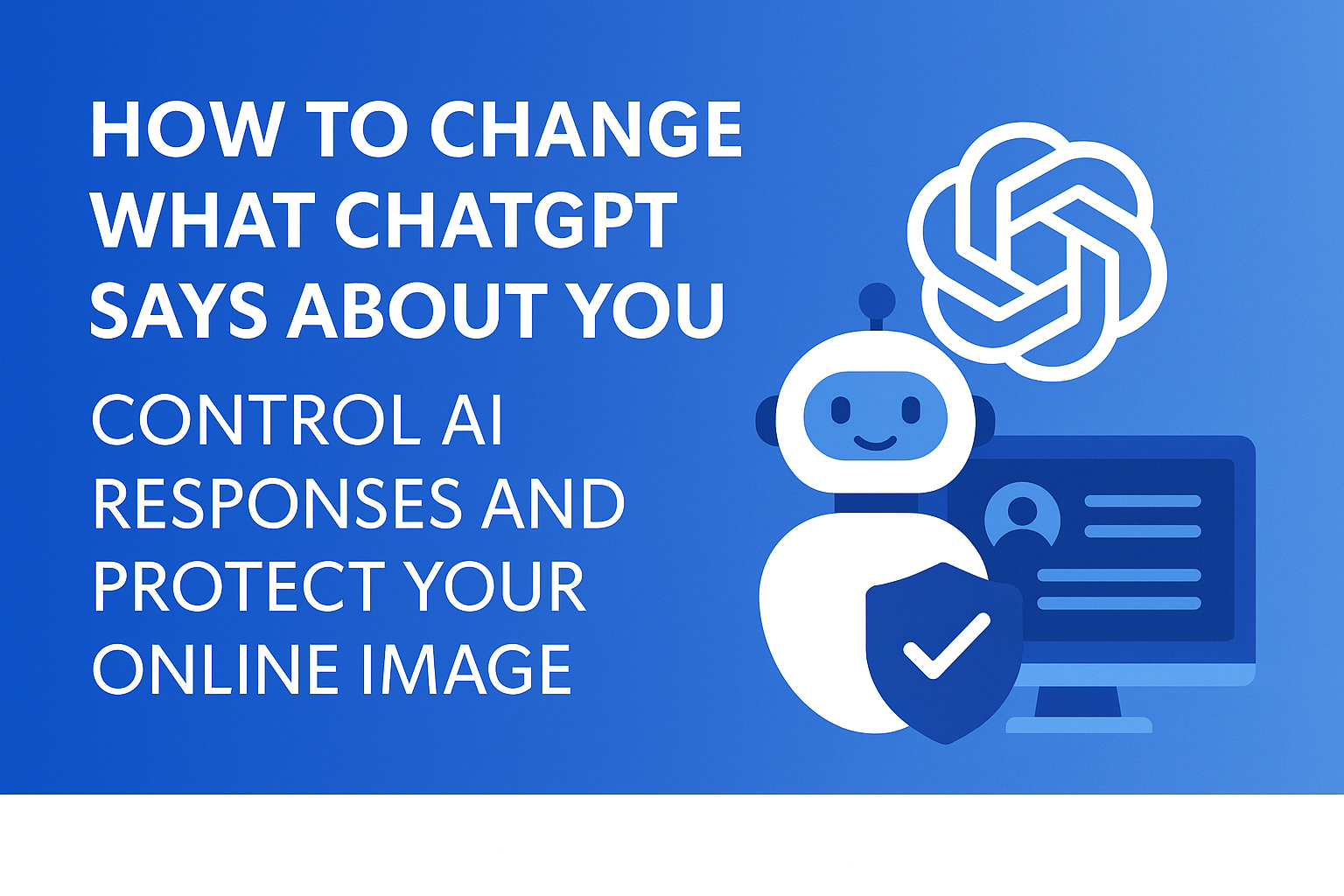The Growing Curiosity About Online Searches
Whether it’s an ex, a future employer, a recruiter, or someone with less-than-positive intentions, people want to know if they’re being looked up online. In today’s transparent age, your name is searchable in seconds. That curiosity drives the demand for ways to track online interest.
Is It Even Possible to Know Who’s Searching for You?
Technically, you can’t get a list of who Googled your name. Google and most search engines do not reveal user identities. However, you can detect patterns, access analytics, and use indirect signals to find out if there’s unusual activity or interest surrounding your online identity.
Top Signs Someone Is Searching for You Online
- Increased Social Media Views
Sudden spikes in LinkedIn profile views or Instagram story interactions could mean someone is actively checking your activity. - Mentions or Tags
Alerts from platforms like Google Alerts, Talkwalker, or Mention may notify you if your name appears in a blog, tweet, or forum post. - Friend or Connection Requests
Random people from your past sending friend requests could be a direct sign of someone looking you up. - Autocomplete Suggestions
When your name begins appearing in autocomplete suggestions tied to a topic (e.g., “[Your Name] scandal”), that suggests volume around those queries. - Website Traffic Spikes
If you have a personal website or blog and notice sudden spikes in traffic to your bio or About page, someone might be investigating. - Job Recruiter Inquiries
Unsolicited messages or interview invites from recruiters may indicate background checks were conducted, often via search. - Social Media Algorithm Behavior
If someone recently viewed your content, social media platforms might begin showing that user’s profile more frequently to you.
Best Tools to Detect Online Search Activity
1. Google Alerts
Set alerts for your name, email address, and usernames to track any mentions in real time.
- Pros: Free, easy to set up
- Cons: Doesn’t detect private searches
2. LinkedIn Who Viewed Your Profile
LinkedIn offers one of the clearest indicators that someone has looked you up—especially in premium accounts.
3. Mention.com
A media monitoring platform that tracks your name across news, blogs, and social platforms. It offers real-time insights.
4. Lusha, Spokeo, and Similar Data Brokers
If your name appears on people-search websites, it means your information is accessible and likely being viewed.
5. Google Search Console (For personal sites)
You can track what search queries led people to your site and how often your name appears in search impressions.
6. Twitter/X Analytics
This platform shows impressions, mentions, and user engagement on posts, which can help assess whether you’re being searched.
7. BrandYourself
Offers both monitoring and cleanup services, and grades your online reputation with action recommendations.
How Search Engines Reveal Behavioral Clues
Search engines don’t expose identities, but they leave breadcrumbs:
- Impression count on Google Search Console
- Behavioral ads triggered by profile views
- Google Trends showing spikes in your name
- YouTube creator dashboards reflecting sudden interest
- Search suggestion changes from increased query volume
Strategies to Monitor and Influence Your Online Footprint
- Use Your Own Name as a Keyword
Treat your name like a brand. Optimize it with profiles, blogs, or videos that you control. - Claim and Complete All Major Profiles
- Twitter/X
- Medium
- Crunchbase
- Google Business Profile
- About.me
- Substack
- Publish High-Authority Content
Articles on Medium, LinkedIn, Substack, or guest posts on reputable sites can help push negative or misleading content off the first page. - Reverse Image Search Yourself
Use tools like Google Images, TinEye, or Yandex Images to find out where your photos are appearing. - Use Replogle and PeekYou
They help identify footprints and past associations across social media and search databases. - Leverage Privacy Protection Services
Tools like DeleteMe, Incogni, and OneRep allow you to remove your data from hundreds of people-search and data aggregator sites. - Track Mentions on Reddit and Forums
Use tools like Notifier.so or Social Searcher to watch for mentions of your name in forums that aren’t indexed by Google.
Understanding the Risks of Being Searched Online
Not every search is malicious, but risks include:
- Identity theft
- Doxxing
- Reputation smearing
- Harassment
- Professional sabotage
- Unsolicited surveillance
Being aware puts you in control. React proactively, not reactively.
Proactive Steps to Safeguard Your Reputation
- Regularly audit your name on Google and Bing
- Monitor data broker sites and request removal
- Adjust privacy settings across all platforms
- Avoid oversharing personal details
- Use Optimized Up to suppress or manage unwanted content
- Create neutral professional bios that appear first in search
- Register yourname.com to own your branded search real estate
How Optimize Up Helps You Track and Control Online Interest
At Optimize Up, we help individuals and professionals manage how they appear online. Our reputation experts specialize in:
- Monitoring search volume and signals
- Removing harmful content
- Publishing SEO-friendly positive content
- Cleaning up Google autocomplete
- Guiding personal brand strategy
- Building personal websites optimized for search
Get your free consultation today and regain control over your online presence.
Frequently Asked Questions (FAQs)
No. Google does not share user data. You can only infer interest through indirect tools and analytics.
There are no apps that reveal searchers, but tools like Google Alerts, Mention, and LinkedIn can signal increased activity.
Curiosity, job screening, background checks, or even malicious intent. It varies widely depending on the context.
Start by auditing your online presence and removing risky or outdated content. Consider working with a reputation management firm.
Yes, in some cases. Use Google’s removal request tool for outdated or sensitive content.
Visit each site (e.g., Whitepages, Spokeo) and follow their opt-out procedures.
Yes—especially for high-stakes careers, legal risk, or public-facing roles. The return on investment is often significant.
Type your name into Google and see what suggestions pop up. If they include negative terms, consider professional help to change them.





